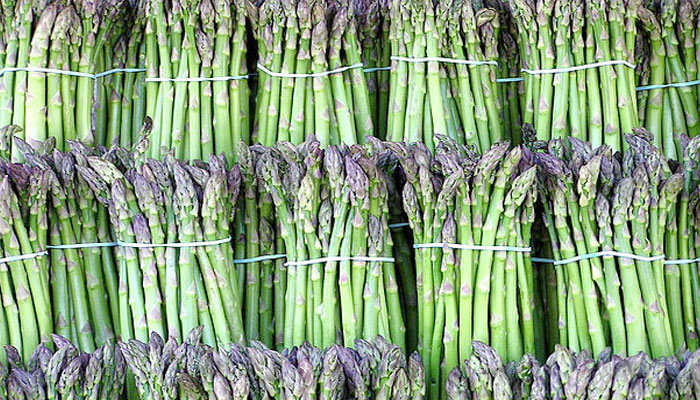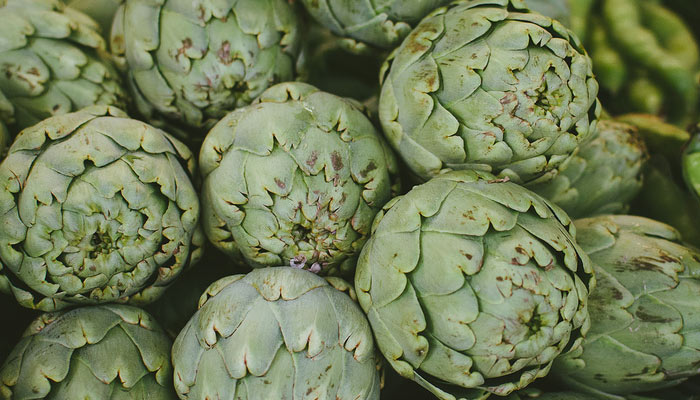
by Dr. Michael Murray | Apr 5, 2013 | Healing Food Facts
As a member of the lily family and originally cultivated in ancient Egypt, asparagus is a superfood rich in nutrition. Nutritional Highlights: Low in calories and carbohydrates Rich in protein compared to other vegetables One cup of asparagus contains only 24 calories...

by Dr. Michael Murray | Apr 5, 2013 | Healing Food Facts
Long considered a delicacy around the globe, artichokes are actually the unopened flower of a thistle like plant. Artichokes are one of the oldest cultivated vegetables, and were brought to North America by French and Spanish explorers. Today, approximately 99% of...




